

Main Event
On March 25, 1931 nine African American boys including Haywood Patterson stepped on freight trains looking for work. When one of the white boys stepped on Patterson’s foot it turned into an all out brawl. Within a few minutes the black passengers forced the group of white boys to jump off the training while it was still in motion. Along with the boys there were two girls who were on the train although not supposed to be. The girls lied and said they were kidnapped and raped by the group of black boys. This led to a series of trials. In the first set of trials an all white male jury sentenced the boys to death after being convicted. In November 1932, the Supreme Court ruled that the Scottsboro defendants had been denied the right to counsel in the Powell v. Alabama court case. The second set of trials began in Decatur, Alabama. Ruby Bates had forswore her original testimony but many ignored that recall. Even after she changed her testimony and had further medical tests, the court still sentenced Patterson to death. In January 1935, the Supreme Court again overturned the guilty verdicts, and wanted the lower courts to revise the case. Patterson was convicted for the fourth time in 1936 but sentenced to prison instead of death. Many trials followed up on Pattersons case. Ultimately, all of the boys were saved from death but still faced many years in prison for a crime they didn’t commit. Little did they know, that one train ride would have changed their lives forever.
"The testimony of the prosecutrix in this case is not only uncorroborated, but it also bears on its face indications of improbability and is contradicted by other evidence, and in addition thereto the evidence greatly preponderates in favor of the defendant. It therefore becomes the duty of the Court under the law to grant the motion made in this case."
-~Judge Horton granting the defense motion to set aside the death sentence and verdict in Alabama v Patterson (Record, 6/22/33)~ Robert Heinlein
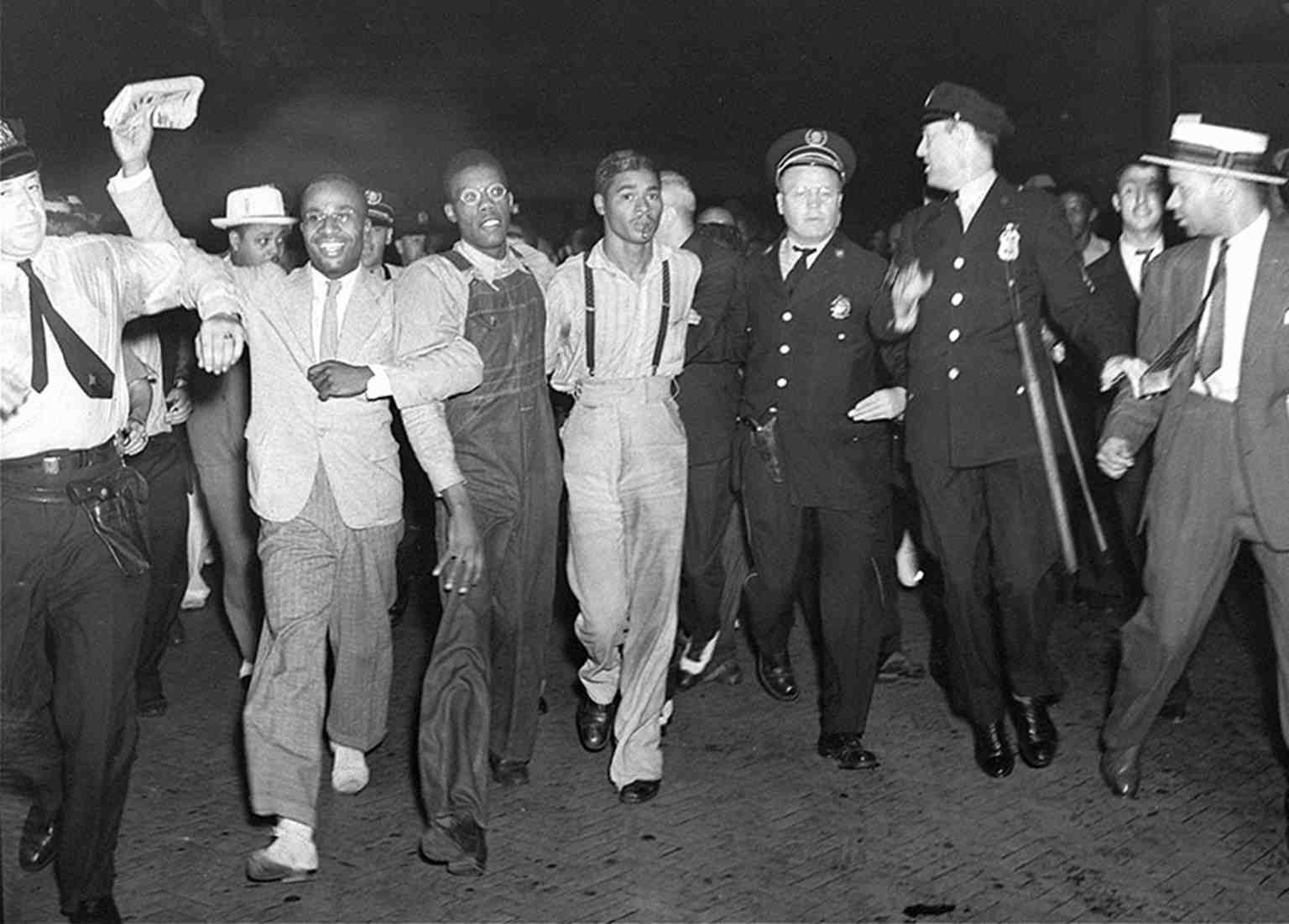
*AAIH*
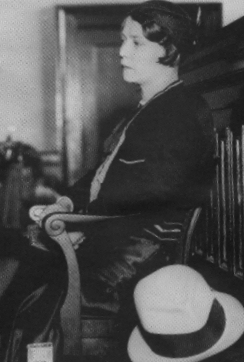
*FamousTrials.com*
"I didn't lie in Scottsboro. I didn't lie in Decatur and I ain't lied here. I've told the truth all the way through and I'm a' gonna go on fighting 'til my dying day or 'til justice is done."
~ Victoria Price (to the left)
"He stepped on the hand of a black youth named Haywood Patterson, who was hanging on to its side. Patterson had friends aboard the train. A stone-throwing fight erupted between white youths and a larger group of black youths. Eventually, the blacks succeeded in forcing all but one of the members of the white gang off the train."
~Writters of Famous Trials; In Their Own Words
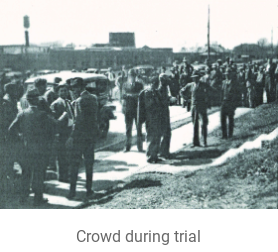
*FamousTrials.com*
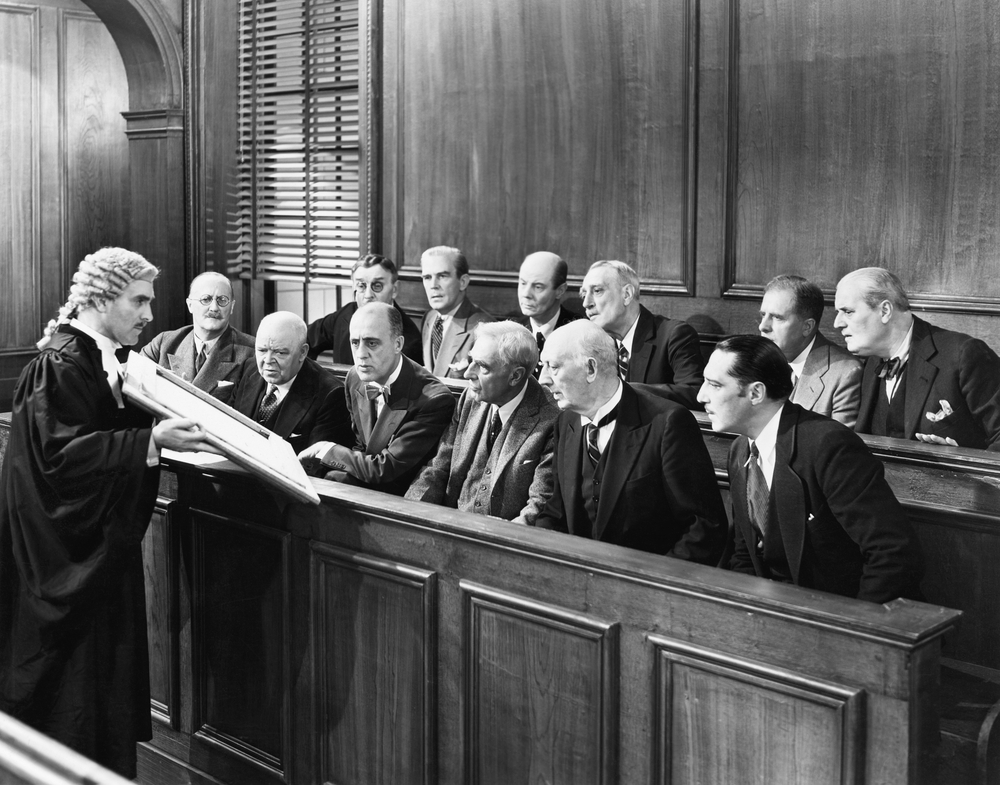
*Johnson Jenson*
"Over the next seven years, as the case made its way through the state and federal judicial system, “Scottsboro” became an international cause célèbre that dramatically encapsulated the American South’s troubled post-Reconstruction history of legal and extralegal racial violence, the social and political upheaval of the Great Depression, and the lingering cultural divide between North and South. In the process, the Scottsboro case in many ways inaugurated the modern civil rights movement."
~ Encyclopedia of Alabama
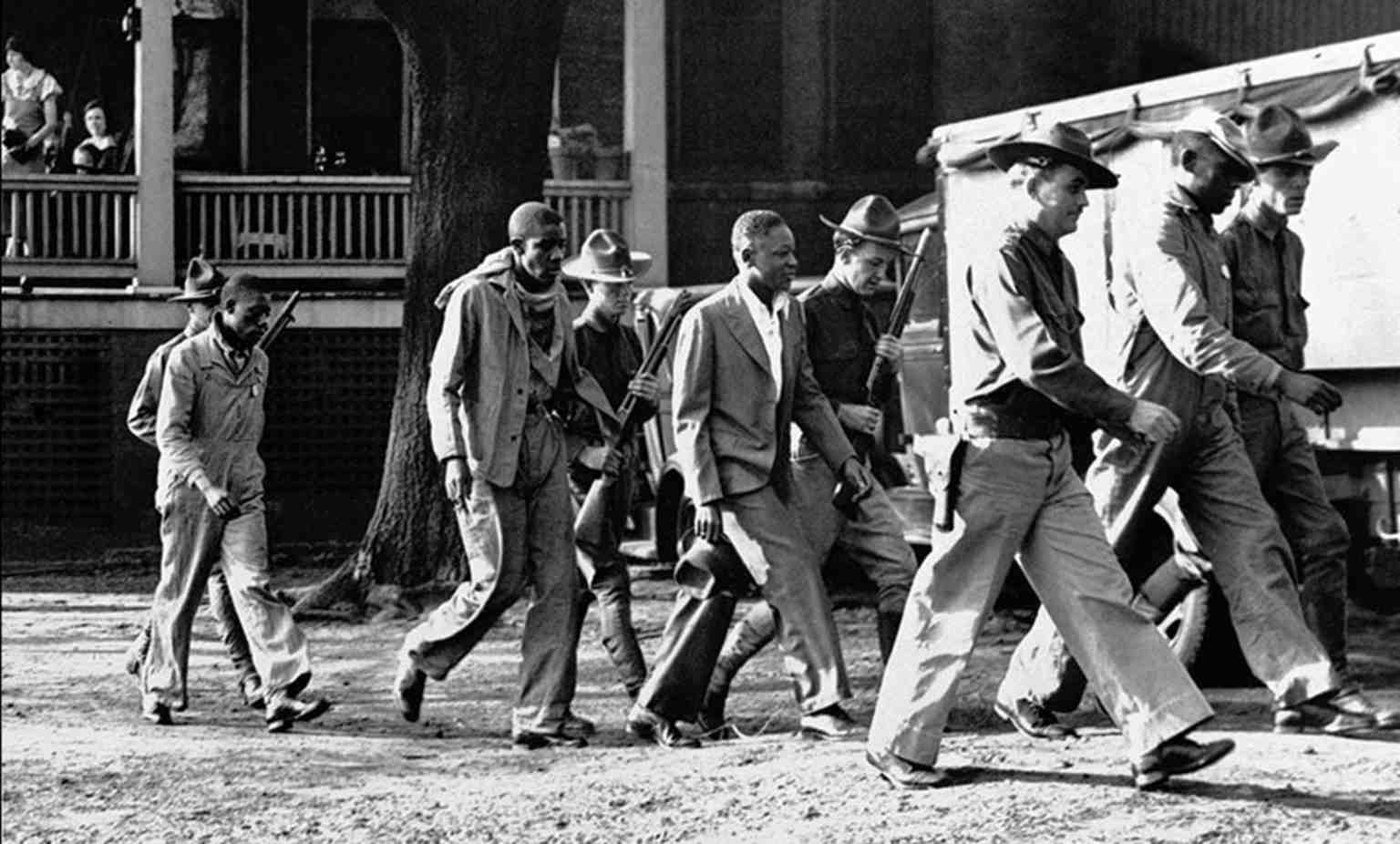
*American Civil Liberties Union*